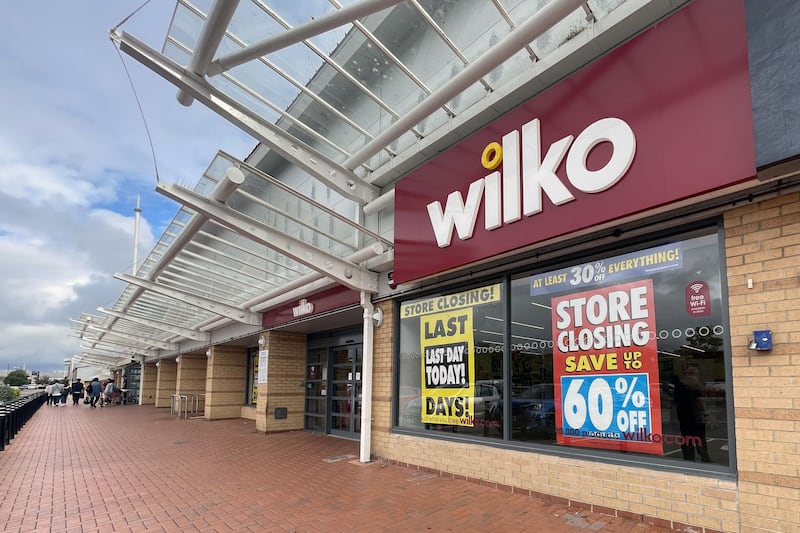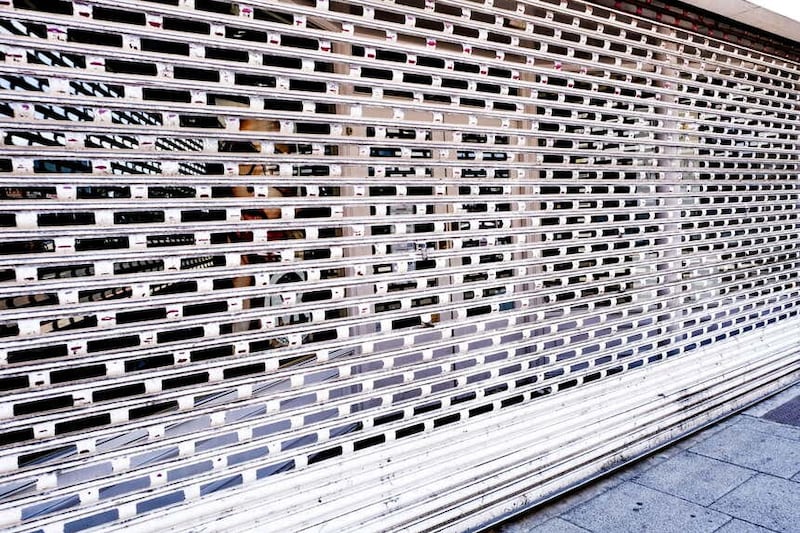MORE companies collapsed in Northern Ireland between July and September than in the same period last year, official government figures have shown.
Personal insolvencies, however, fell back from a six-year high in the third quarter of this year, according to the Insolvency Service.
There were 65 company insolvencies in the north over the three months, 14 per cent higher than the same quarter in 2017 (though this was down from 125 in the April-June quarter).
Of these, 30 were compulsory liquidations (down from 35 on the same period a year ago), and 24 were creditors’ voluntary liquidations (up from 14).
There were also six administrations, four company voluntary arrangements and one administrative receivership in the quarter.
Ian Davison, manager of the recovery and reorganisation division at Grant Thornton in Belfast, said: “Although there has been an increase to 65, this is from a low base, and given the size of the Northern Ireland economy, this level does not raise undue concern.
“That said, some sectors are facing challenges and we are seeing these particularly in the construction, retail and food services industries.
"This is highlighted by recent research which indicated that one in four UK businesses have suffered as a result of the insolvency of a customer or supplier within the last six months."
He added: “The fact that there are limited corporate insolvencies is a positive sign for the resilience of our local economy, despite continued sluggish growth.”
Duncan Swift, vice president of insolvency and restructuring trade body R3, said the outlook for businesses generally remains difficult.
"Our members have picked up on a number of extra concerns recently. Uncertainty over the shape Brexit will take has led to decision-making delays at some large companies, which will have had an impact on their smaller suppliers expecting new contracts or investment," he said.
"Infrastructure problems have started to be mentioned, too; traffic congestion is hurting companies, especially those based in city centres, in terms of longer delivery times and loss of productivity.
"The outlook for businesses is still difficult. Negative consumer confidence, high personal debt levels, renewed upwards pressure on wages, and possible future interest rate rises will all have to be navigated."
Meanwhile 536 individual insolvencies were recorded in Northern Ireland between July and September - a 21.6 per cent fall compared with the same quarter in 2017.
These figures are made up of bankruptcies (112), debt relief orders (111), which are aimed at people with smaller debts which they have no realistic prospect of paying off; and individual voluntary arrangements or IVAs (313), whereby money is shared out between creditors.







